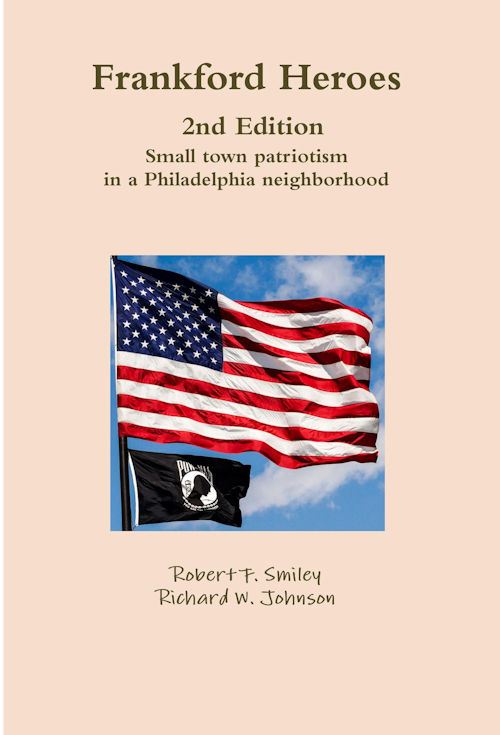There are a few corners in Frankford where you can go and obtain illegal drugs. This should not be surprising. Illegal drugs are everywhere, even in those pristine suburbs where many of our former neighbors have fled. The difference is that in those suburbs the sales are conducted discretely indoors or they drive to Frankford to make their purchase and then flee back to the burbs to ingest.
The drug corners create what would be charitably called a quality of life issue. In the Economist last week they had an interesting piece on strategies now being followed in some other cities to encourage drug dealers to retire from their careers in order to clean up the drug corners.
POLICE watched seven people sell drugs in Marshall Courts and Seven Oaks, two districts in south-eastern Newport News, in Virginia. They built strong cases against them. They shared that information with prosecutors. But then the police did something unusual: they sent the seven letters inviting them to police headquarters for a talk, promising that if they came they would not be arrested. Three came, and when they did they met not only police and prosecutors, but also family members, people from their communities, pastors from local churches and representatives from social-service agencies. Their neighbours and relatives told them that dealing drugs was hurting their families and communities. The police showed them the information they had gathered, and they offered the seven a choice: deal again, and we will prosecute you. Stop, and these people will help you turn your lives around. This approach is known as drug-market intervention (DMI).
Does it work? Too early to say. What is interesting is that it is something different than what we are seeing in Philadelphia. What we are seeing is not working. The police will tell you that. Mayor Nutter and DA Seth Williams know that. What we need is something that works. We are never going to stop people from using drugs just like Prohibition did not stop people from using alcohol.
Anybody with any new ideas, please step up to the plate.
Thanks to Andrew Sullivan for the original link to the Economist story.





If a drug dealer is making any where between $500.00 to $1000.00 per week (and I’m probably being conservative with those figures) what could the community possibly offer that person that would deter him or her? Perhaps a job at McDonalds at $8.00 per hour?
The drug dealers that have been doing business, for years, at the corner of the Sweet Shop and now at other areas in Frankford are providing goods and services to the people of Frankford. It may not be a service that you or I may use but many people in Frankford are buying their goods and services – otherwise the drug dealers wouldn’t be doing business here in Frankford. Let’s not be so naive as to think that the majority of the dealers clients’ are coming from outside of Frankford.
Would legalizing drugs fix the problem? It may take the dealers off the corners. But it wouldn’t stop the crime associated with drug use. The same people who would rob you for money in order to pay the drug dealer for illegal drugs would rob you for money to pay the store clerk for legal drugs.
I didn’t mean to imply that all the drugs being sold in Frankford are being sold to folks out of the neighborhood. I’ve seen some of that but not a lot.
I have a problem with all the emphasis being put on drugs. When I have attended neighborhood meetings most of the residents throw up their hands and say “the reason for all this violence we’re seeing and reading about is drugs”. Therefore their focus goes no deeper than “drugs are the problem”.
As many people did from my generation I experimented with drugs in my youth. I dabbled in just about every illegal drug except herion. However, neither I nor any of my friends, in our experimental phase, felt like going downtown and beating up on innocent people nor was I so angry that I would shoot my neighbor because he complained about my dog pooping on his lawn.
My point is, there is something else going on that is creating the anger, which in turn is creating the violence we are seeing and reading about today besides drugs. It’s just too easy to say “drugs are the problem”. I feel neighborhood meetings where people just want to focus on drugs as non-productive.